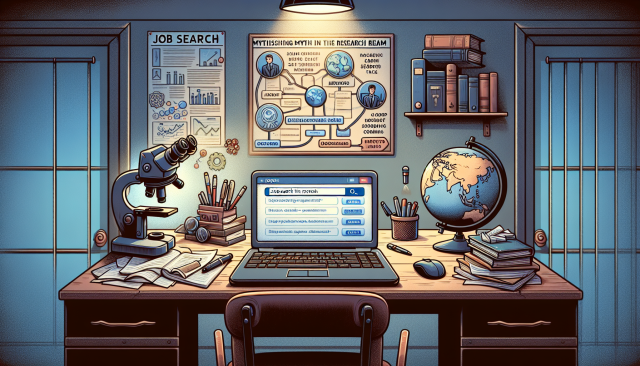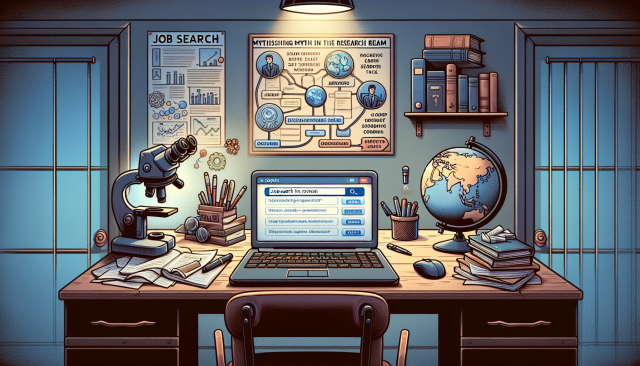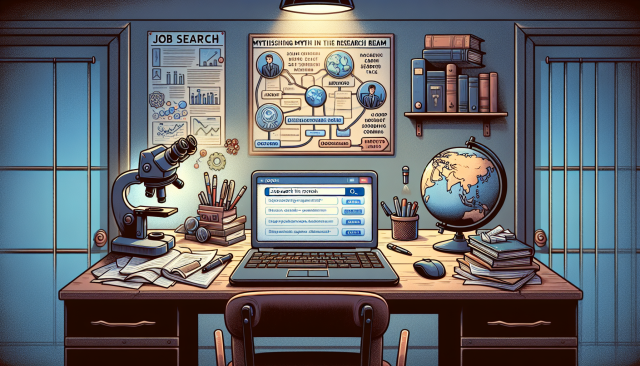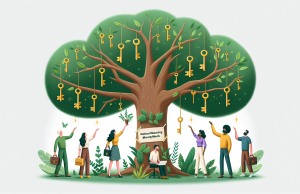Powering Your Career: The 7 Habits for Mastering Job Searches in the Energy Sector
Powering Your Career: The 7 Habits for Mastering Job Searches in the Energy Sector
The energy sector is a dynamic, evolving industry that demands professionals who are not only technically proficient but also adaptable, forward-thinking, and resilient. As the global push toward sustainable and renewable energy solutions accelerates, the stakes are higher than ever for energy specialists seeking new opportunities. Navigating this competitive landscape requires more than just a polished resume; it demands a strategic approach woven with insightful habits that distinguish the great from the good.
Habit 1: Cultivate a Growth Mindset
In the energy sector, innovation drives progress. As an energy specialist, adopting a growth mindset opens up a world of possibilities. Its about believing that skills and intelligence can be developed through dedication and hard work. This perspective fosters a love for learning and resilience in the face of challenges. Constantly seek new knowledge about emerging technologies and trends, whether it’s through courses, webinars, or professional networks. A growth mindset not only enhances your skillset but also demonstrates your commitment to staying ahead in the industry.
Habit 2: Network Purposefully
Networking in the energy sector is more than just exchanging business cards; it’s about building meaningful relationships. Attend industry conferences, seminars, and webinars to connect with peers, thought leaders, and potential mentors. Purposeful networking can open doors to unadvertised job opportunities, provide industry insights, and offer support as you navigate your career path. Remember, networking is a two-way street; be ready to offer value and assistance to others in your professional community.
Habit 3: Tailor Your Application for Every Role
One size does not fit all, especially in a specialized field like energy. Customize your resume and cover letter to reflect the specific qualifications and experiences that align with each job you’re applying for. Highlight relevant projects, certifications, and skills that set you apart. A tailored application shows prospective employers youve done your homework and are genuinely interested in the role.
Habit 4: Develop Technological Acumen
The energy sector is increasingly reliant on cutting-edge technologies such as AI, IoT, and big data analytics. Staying abreast of technological advancements and understanding their applications can significantly boost your employability. Take the initiative to learn new tech tools and platforms that are shaping the future of energy. Being tech-savvy signals to employers that you can contribute to innovative solutions and thrive in a digitally transforming industry.
Habit 5: Keep a Diverse Portfolio of Projects
Your portfolio is a testament to your skills and creativity. Ensure it reflects a diverse range of projects, demonstrating your ability to handle different challenges and environments. Whether it’s renewable energy projects, sustainability initiatives, or efficiency improvements, a diverse portfolio showcases your adaptability and problem-solving prowess. Consider volunteering for challenging assignments that can augment your portfolio and expand your experience.
Habit 6: Practice Resilience and Perseverance
The energy sector, with its regulatory shifts and technological evolutions, can be unpredictable. Cultivating resilience ensures that you are prepared for both the highs and lows of your job search. Maintain a positive outlook, learn from setbacks, and persevere through difficult times. Employers value candidates who remain composed and proactive in the face of adversity, as these traits are critical in navigating the complexities of the energy domain.
Habit 7: Never Stop Learning
In a field as fast-paced as energy, continuous learning is paramount. Beyond formal education, seek out opportunities to expand your knowledge. Subscribe to industry journals, participate in workshops, and engage with online courses. This habit not only keeps you informed of the latest trends and technologies but also signals to potential employers that you are committed to professional development.
In conclusion, excelling in job searches within the energy sector requires a deliberate blend of skill enhancement, strategic networking, and personal resilience. By cultivating these seven habits, energy specialists can not only distinguish themselves in a crowded field but also position themselves for long-term success in an industry that’s crucial to our future. Take the steps today to align your professional journey with the dynamic world of energy, ensuring you’re prepared for the challenges and opportunities that lie ahead.































